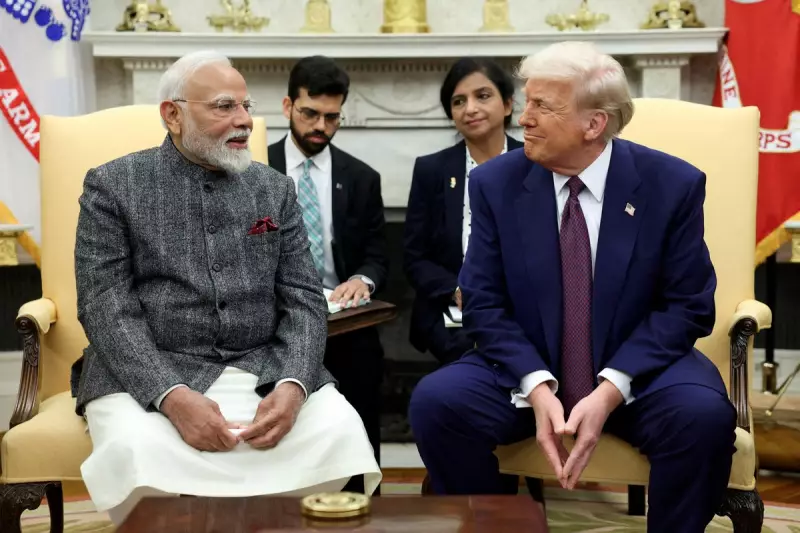
India has dramatically increased its purchases of Russian crude oil, defying pressure from former US President Donald Trump and Western nations amid ongoing geopolitical tensions. The South Asian giant has become one of Moscow's largest oil customers since the Ukraine conflict began, securing substantial economic advantages while navigating complex international diplomacy.
Economic Pragmatism Over Political Alignment
New Delhi has made no secret of its energy strategy, with government officials openly acknowledging that securing the best deals for its 1.4 billion citizens takes precedence over political considerations. The discounted Russian crude has provided significant relief to India's economy, helping to control inflation and reduce import costs at a critical time for global energy markets.
Trump's Warning and India's Defiant Response
Despite clear warnings from Donald Trump during his presidency about potential consequences for dealing with Iran, India has applied similar pragmatic principles to its Russian energy imports. Current Prime Minister Narendra Modi's government has skillfully balanced its strategic partnerships, maintaining strong ties with Washington while advancing New Delhi's economic interests through increased Russian oil acquisitions.
The Numbers Speak Volumes
Recent data reveals the staggering scale of India's Russian oil imports:
- Russian crude now accounts for over 35% of India's total oil imports
- Imports have increased more than tenfold since pre-war levels
- India has saved billions in energy costs through discounted purchases
- Multiple Indian refineries have been reconfigured to process Russian crude
Diplomatic Tightrope Walking
Experts suggest India has mastered the art of diplomatic balancing, leveraging its position as a strategic Western partner while maintaining economic relationships that serve its national interests. This approach has allowed New Delhi to avoid significant backlash from Washington, even as it continues to prop up Moscow's energy revenues.
The situation represents a fascinating case study in modern geopolitics, where economic necessities increasingly trump traditional alliance politics. As global energy dynamics continue to shift, India's successful navigation of these complex waters may provide a blueprint for other emerging economies seeking to balance competing international relationships.





